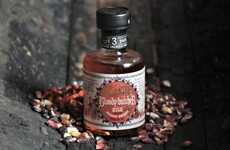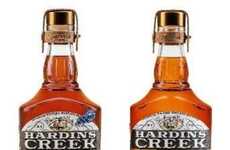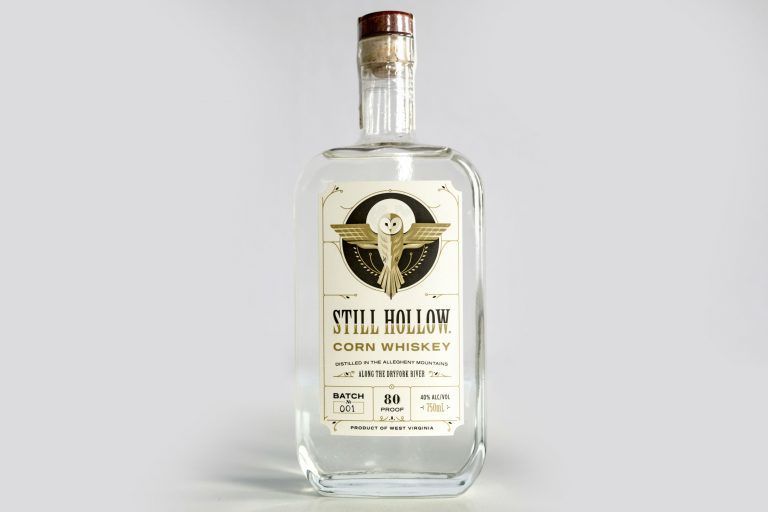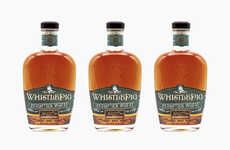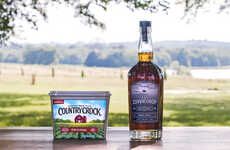
Heritage Links Still Hollow Distillery to Its Area of Operation
References: stillhollowspirits & usnews
Using heirloom corn to make whiskey guarantees a unique flavor that has richer notes and a more artisanal feel. Still Hollow Distillery embraces this ingredient in its product and subsequently creates a story for its brand. Located in Randolph County, West Virginia, the site of production is quite remote, however, it does occupy an area where heirloom corn is grown and harvested. Thus, the business ties its roots to historic ingredients. This is yet another perk that draws consumers to this type of whiskey. Enticed by the story of the product, individuals seek to learn more about the ingredient -- in this case, heirloom corn, and "connect that spirit [...] to the producer, [...] the tasting room, [...] the fields," and so on.
The variety that is specific to Still Hollow Distillery's whiskey is Bloody Butcher -- a name that "refers to the flecks of red on the white kernels."
The variety that is specific to Still Hollow Distillery's whiskey is Bloody Butcher -- a name that "refers to the flecks of red on the white kernels."
Trend Themes
1. Heirloom Corn-infused Beverages - Incorporating heirloom corn into other alcoholic and non-alcoholic beverages could create distinctive flavors and increase consumer interest.
2. Storytelling in Alcohol Production - Using unique ingredients in alcoholic products and establishing a story behind them can foster customer interest and engagement.
3. Heritage Ingredient Revival - Reviving the use of historic ingredients in food and beverage production can create a niche market for artisanal and specialty products.
Industry Implications
1. Craft Distilleries - Craft distilleries can differentiate themselves from larger producers by incorporating unique ingredients in their products and telling a compelling story behind their brand.
2. Specialty Beverages - Specialty beverage companies can explore using heirloom ingredients in their products to appeal to consumers seeking unique and artisanal flavors.
3. Heritage Agriculture - There may be a niche market opportunity for heritage and specialty crop farmers to grow heirloom ingredients for use in artisanal food and beverage production.
1.8
Score
Popularity
Activity
Freshness




